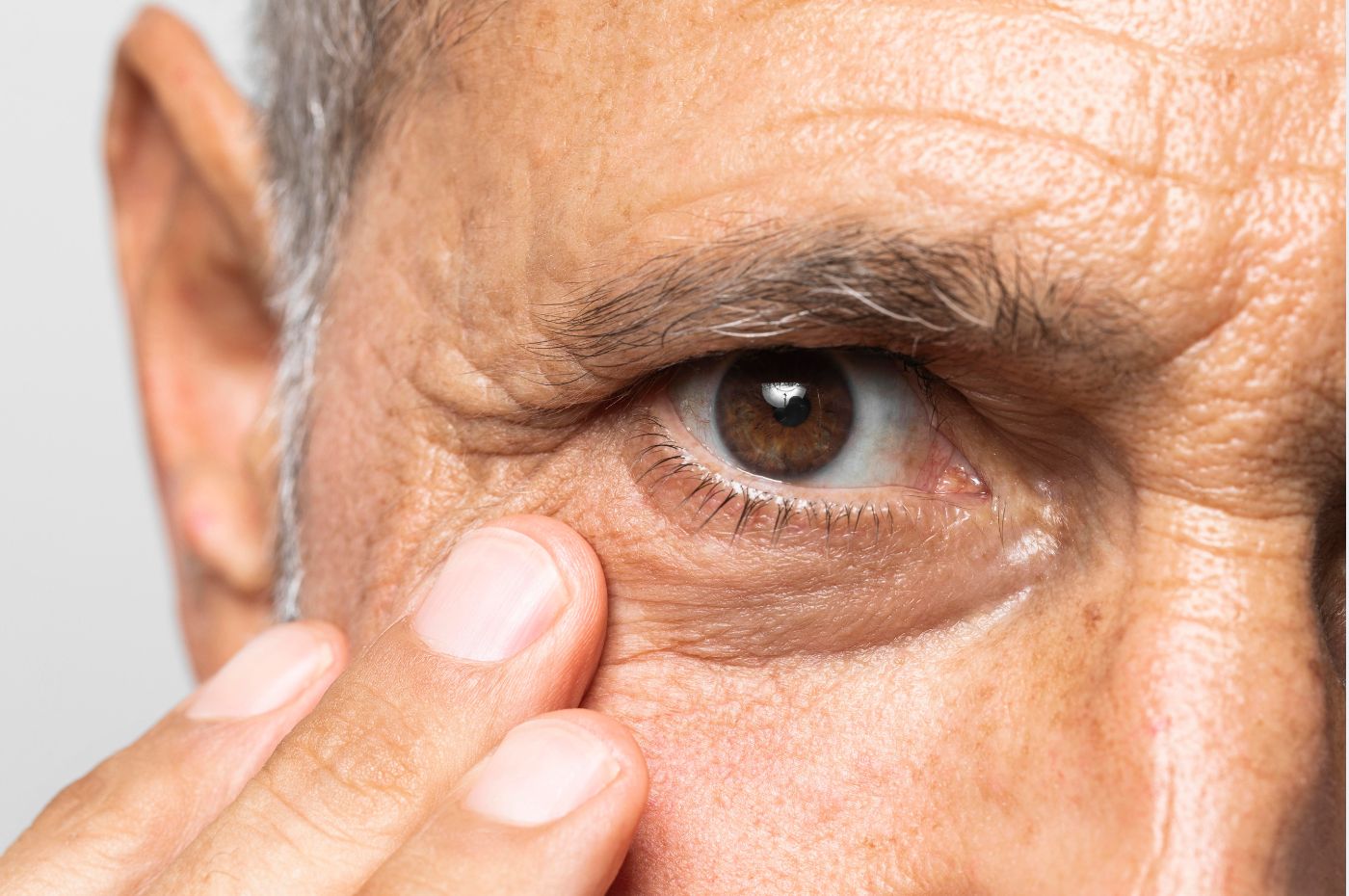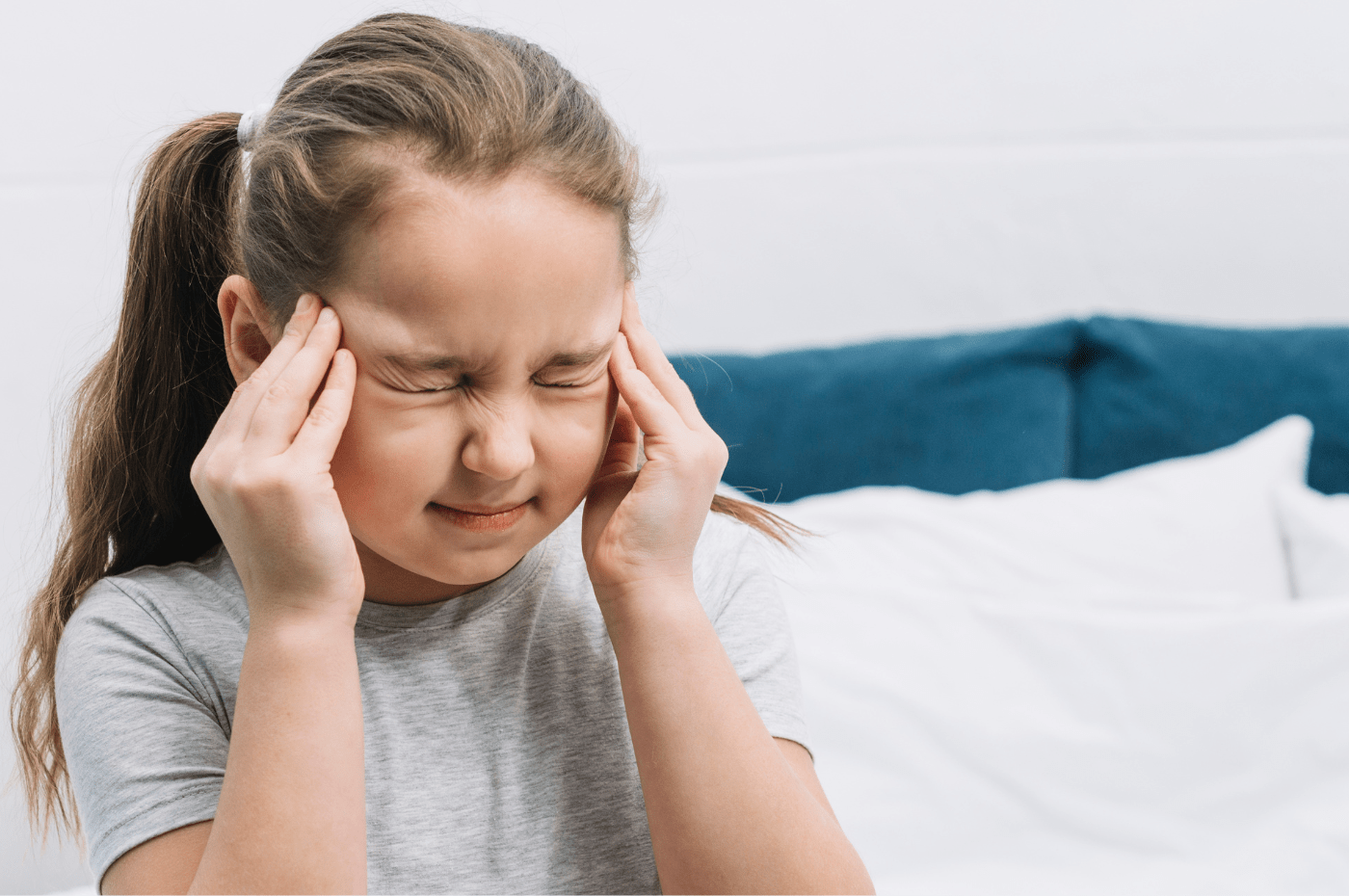Many people struggle with appetite issues for various reasons. Some may need to boost their appetite due to chronic medical conditions like cancer or HIV/AIDS, while others might be dealing with eating disorders or the side effects of certain medications. In recent years, THC (tetrahydrocannabinol), the main psychoactive compound in cannabis, has gained attention for its potential to stimulate appetite. This has led many individuals and healthcare professionals to explore THC as a possible solution for increasing food intake and managing related symptoms.
How Does THC Affect Appetite
THC interacts with the body's endocannabinoid system, particularly with CB1 receptors in the brain, leading to several effects on appetite. It stimulates the release of ghrelin, often called the "hunger hormone," which signals the brain to increase appetite. THC can also make food taste better and more appealing, increasing the pleasure associated with eating. For those experiencing nausea that impacts their appetite, THC's anti-nausea properties can help alleviate this symptom. Additionally, THC can enhance mood, which may indirectly contribute to increased appetite by reducing stress or anxiety related to eating. These combined effects make THC a potentially powerful tool for stimulating appetite in individuals who struggle with low food intake.
Potential Benefits of Using THC for Appetite Stimulation
- Weight gain or maintenance: For individuals struggling to maintain a healthy weight due to medical conditions or treatments, THC can help increase caloric intake.
- Improved quality of life: By stimulating appetite and reducing nausea, THC may help improve overall well-being and daily functioning for those with appetite-related issues.
- Management of eating disorders: Some studies suggest that THC might be beneficial in managing certain eating disorders by promoting a healthier relationship with food.
- Support during medical treatments: Cancer patients undergoing chemotherapy or individuals with HIV/AIDS often experience severe appetite loss. THC can help combat this side effect, ensuring proper nutrition during treatment.
How to Use THC for Appetite Increase
When using THC to increase appetite, it's essential to do so under medical supervision. A healthcare provider specializing in cannabis medicine will assess your condition and determine if THC is appropriate. If recommended, the process typically begins with a low dose, gradually increasing to find the optimal level for appetite stimulation.
THC can be consumed in various forms, such as THC oils, capsules, or through inhalation, depending on individual needs and preferences. Taking THC before meals can help maximize its appetite-stimulating effects. Regular check-ups are important to monitor effectiveness and watch for potential side effects.
THC is often used alongside other therapies or medications for best results. Throughout this process, it's crucial to follow your healthcare provider's guidance closely to ensure the safe and effective use of THC for appetite stimulation.
Benefits Beyond Appetite Stimulation
- Improved sleep: THC may help some individuals achieve better sleep patterns, which can indirectly support overall health and potentially contribute to a more regular appetite.
- Reduced anxiety: The anxiolytic properties of THC might help alleviate stress or anxiety related to eating, making mealtimes more comfortable.
- Pain relief: For those whose appetite is affected by chronic pain, THC's analgesic properties could provide relief, making it easier to focus on eating.
- Increased social engagement: As appetite and overall well-being improve, some individuals may find it easier to participate in social activities involving food, enhancing their quality of life.





Leave a comment
This site is protected by hCaptcha and the hCaptcha Privacy Policy and Terms of Service apply.